Essays & Interviews
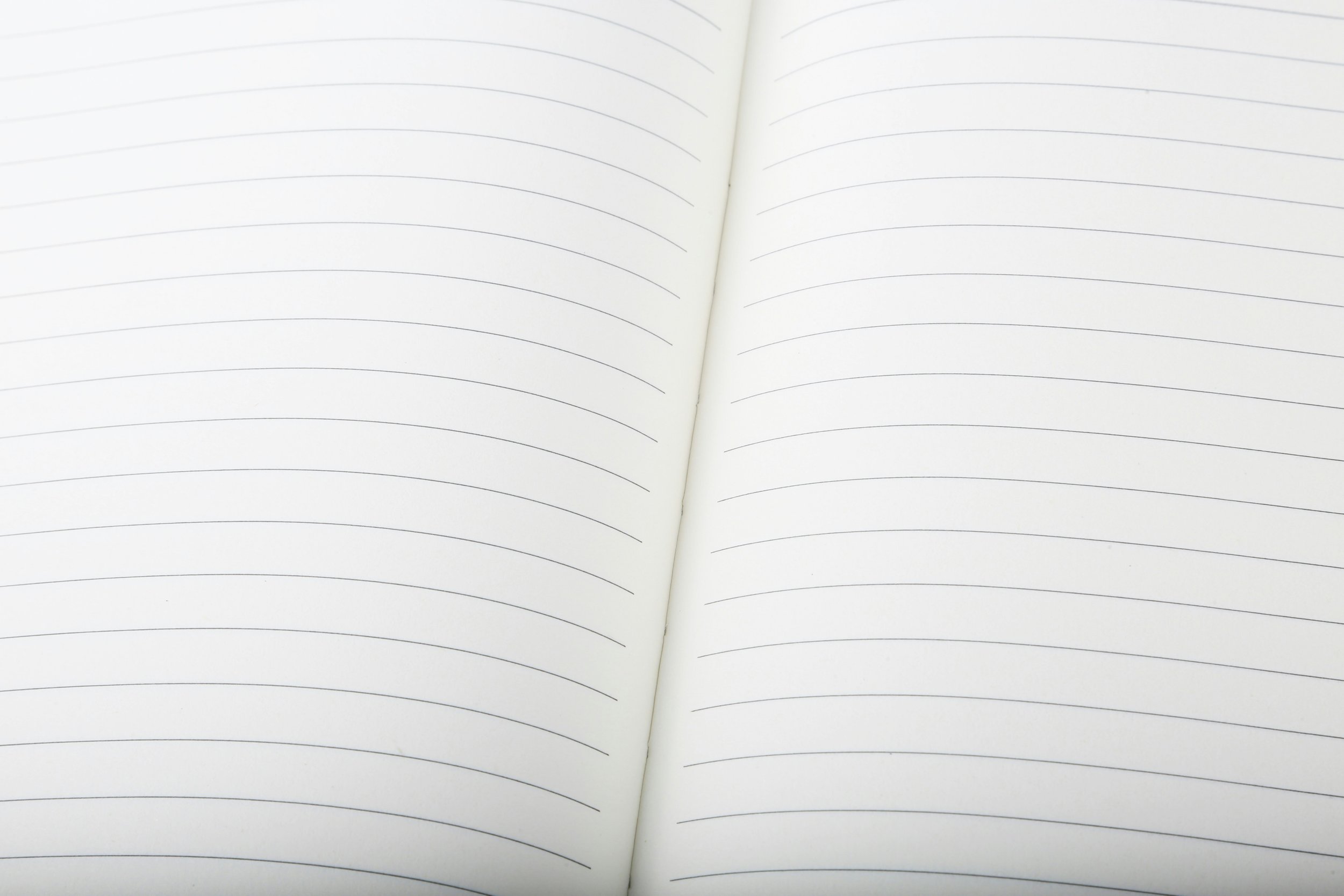
‘A Productive Language’: On Western Intellectual Paradigms and Refaat al-Areer
Placing Refaat Al-Areer's life alongside the likes of Hanna Mikhail and Fathi al-Shiqaqi as examples of Amilcar Cabral's class suicide in action, Ameed Faleh assesses the way that Palestinian intellectuals have sought to advance the Palestinian liberation struggle through their work, battling against attempts to foreclose it through normalisation and peace talks.
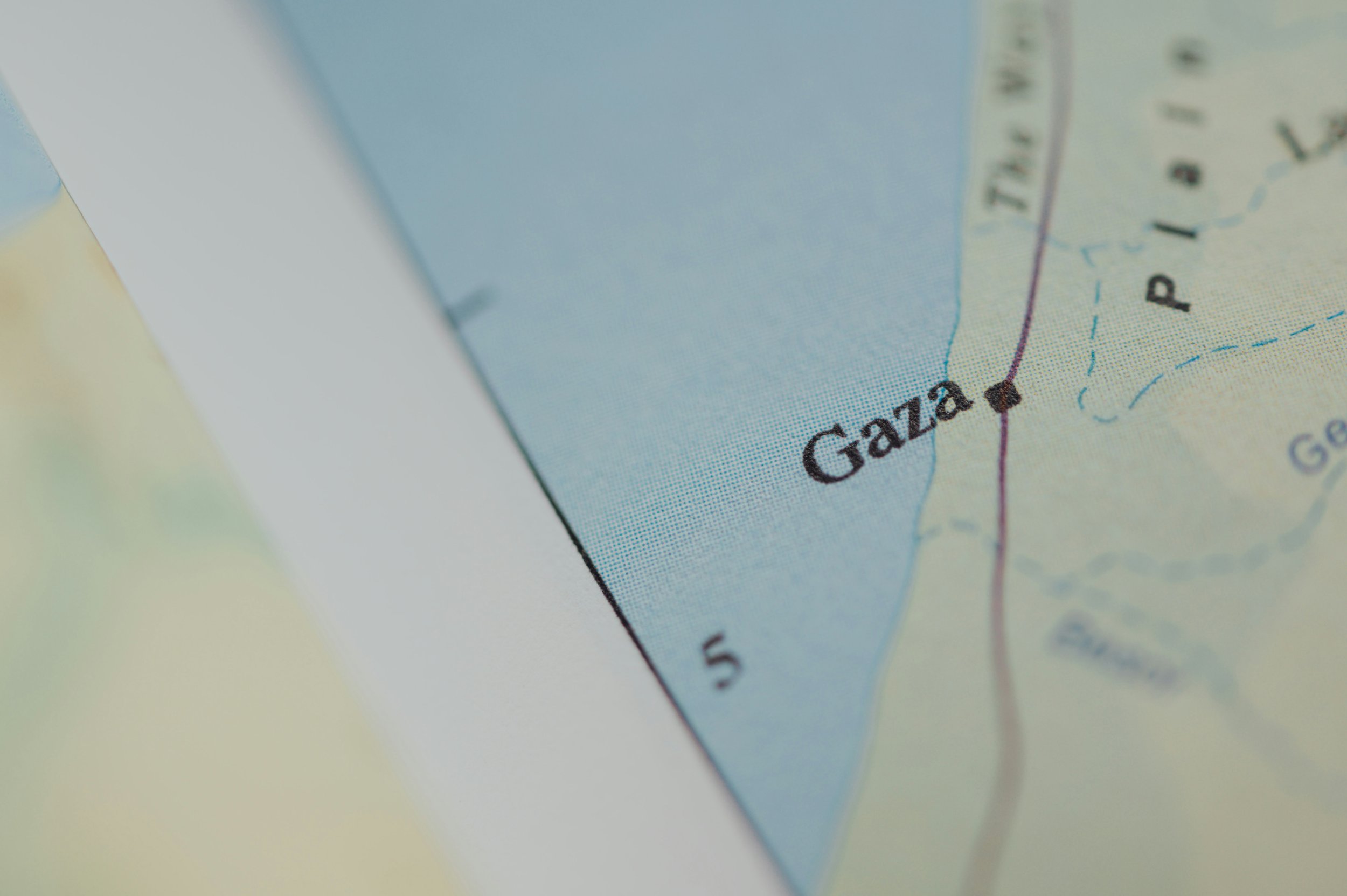
‘A Bond of the Same Nature’: Cartographies of Affiliation in the Global South
Tracing Palestine’s gradual role as a vanguard for Third World struggles, Suleiman Hodali details how the diverse set of triumphs, lessons, and tactics of resistance in the country formed a set of theories and practices for resistance against imperialism upon which others modelled their own forms of struggle.
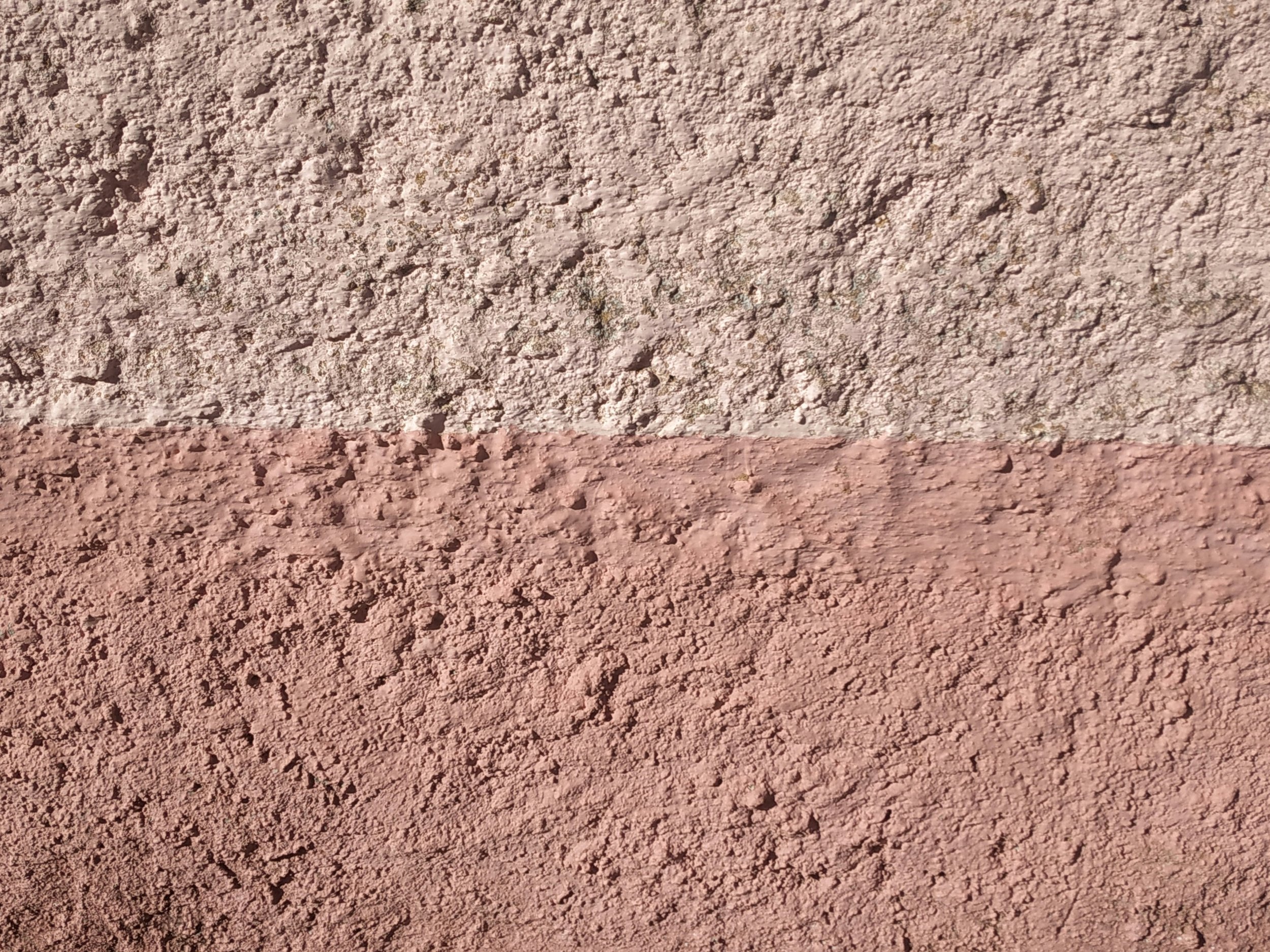
Two Logics of War: Liberation Against Genocide
Unable to defeat the Palestinian armed resistance in successive battles, Israel has turned instead to intensifying its genocidal violence against unarmed Palestinians as the means to restore its necessary equation of material and ideological force.

‘Sides Not Solutions’: Zionist Propaganda in UK Schools
Investigating teachers’ resources used in UK classrooms, Alex Turrall details the misleading and disingenuous ‘both sides’ messaging in its materials, presenting Palestinian and Israeli perspectives as equally valid while being funded by and connected to a conspicuous number of Zionist organisations and individuals.
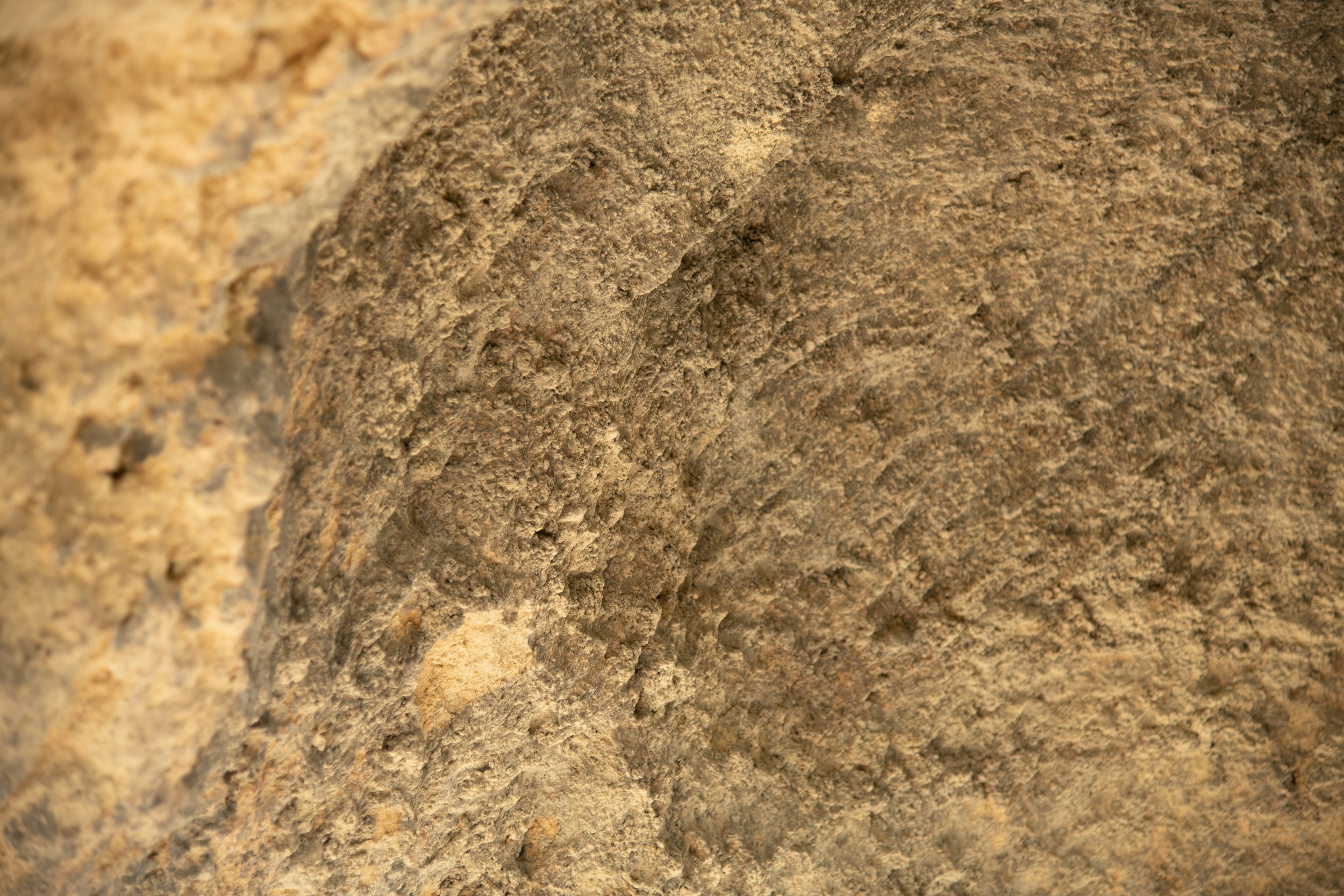
Anti-Zionism as Decolonisation
In this essay, Leila Shomali and Lara Kilani, two Palestinian writers, detail what it means to be anti-zionist, laying out foundational concepts and definitions as they explore essential strategies and tactics for a militant decolonial movement against settler-colonialism.
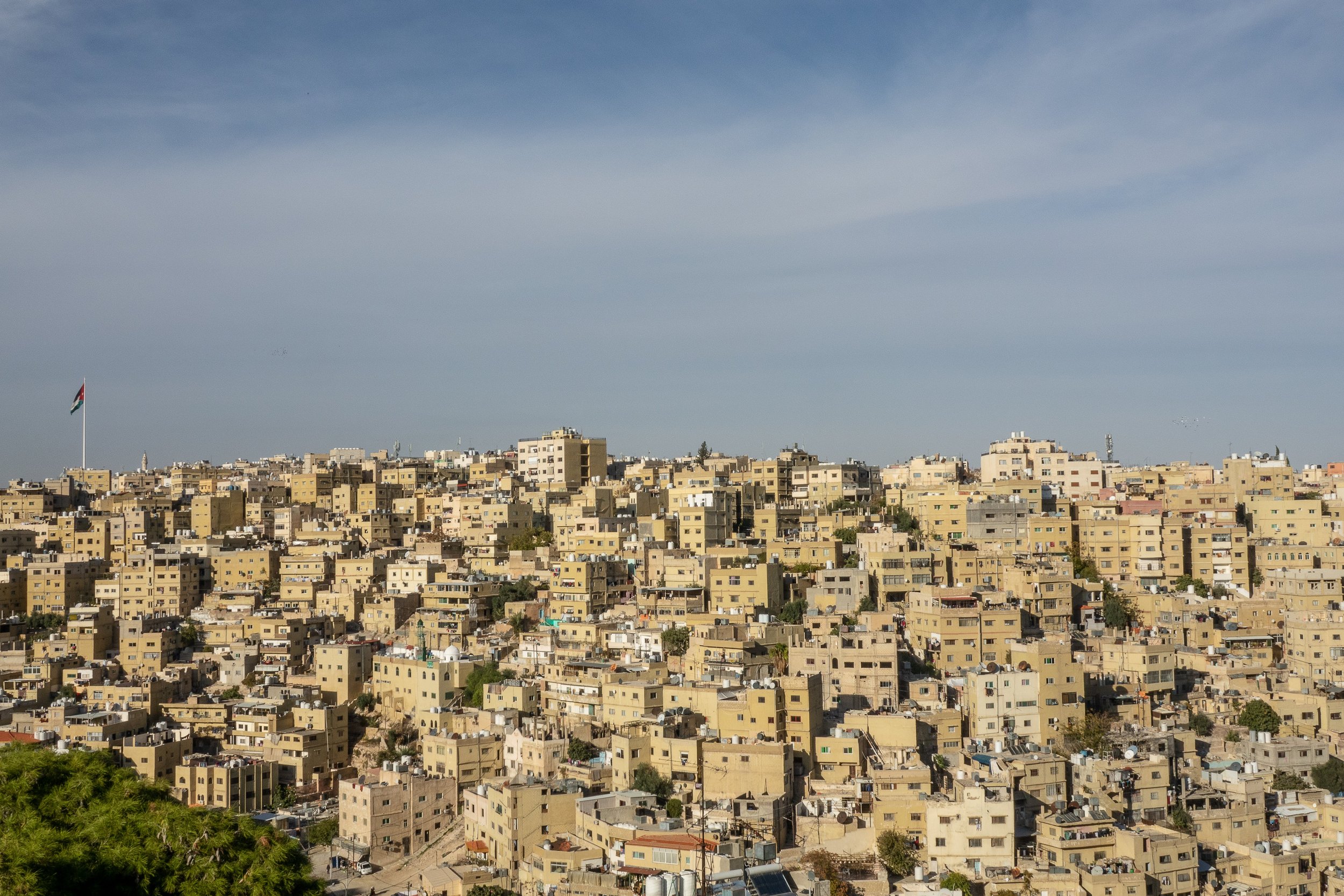
Misreading Palestine
In this article, Max Ajl deconstructs two widely repeated but false tropes related to Palestine: the first being the misguided notion that Netanyahu conspired with Hamas to maintain the Palestinian national division and empowered the movement in Gaza, and the second is the oft-repeated falsehood that Israel and its parasitic lobby drives America into irrational warmongering against its own interests.

‘An unyielding will to continue’: An Interview with Abdaljawad Omar on October 7th and the Palestinian Resistance
In this interview, Palestinian writer Abdaljawad Omar discusses the intergenerational character of Palestinian resistance and its aims on the 7th of October, what international solidarity means to Palestinians, and how narratives of progressive intellectuals in the West are often anti-intellectual and reactionary.
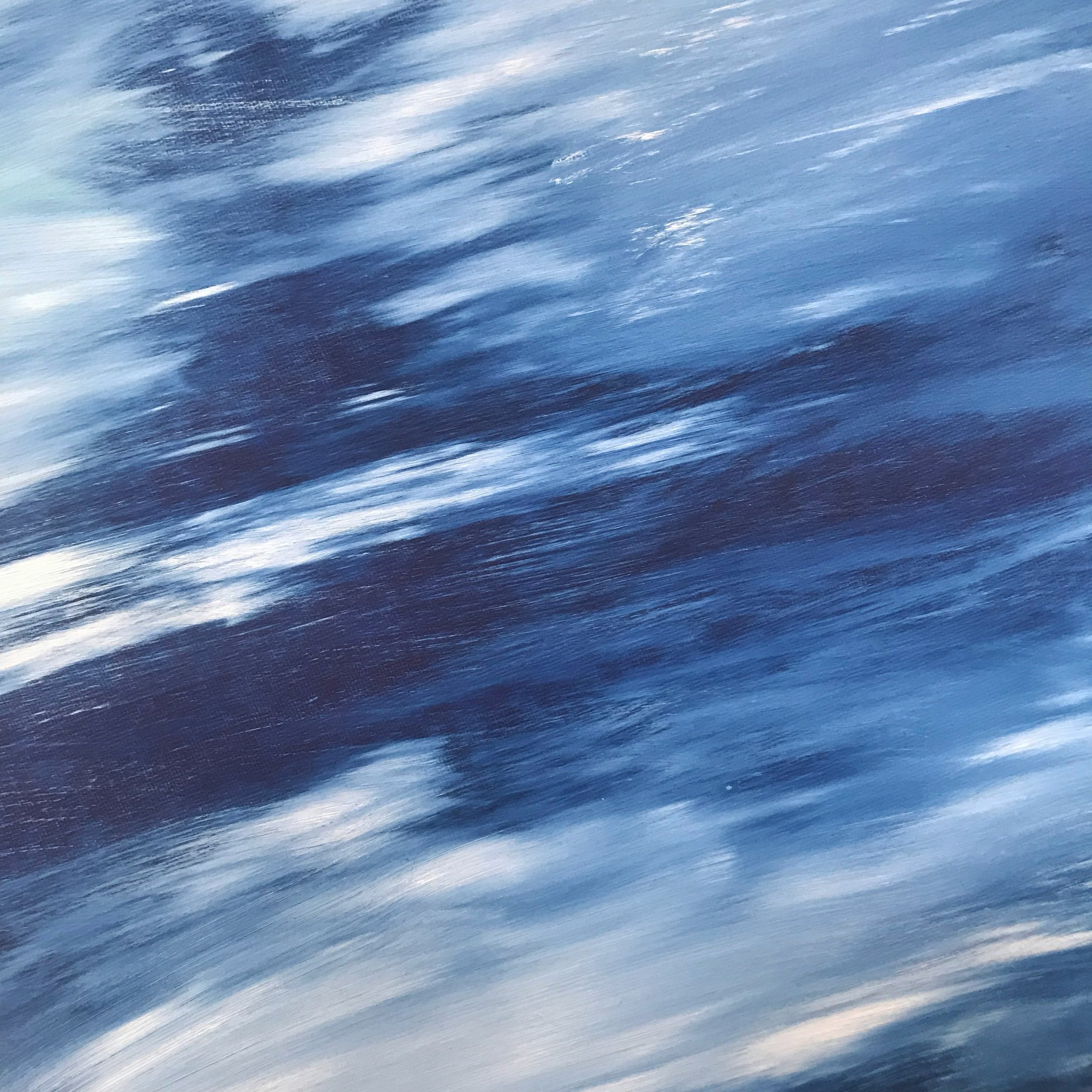
Gaza, the Fragility of Zionism, and the Inevitability of War
Surveying the balance of forces between Israel, its allies, and those of the Palestinian resistance and its supporters that have been revealed in the aftermath of the Al Aqsa Flood operation, Daniel Lindley argues that the now-exposed weakness of Israel and the fragility of the US in the region has made an escalation of the war all but inevitable.
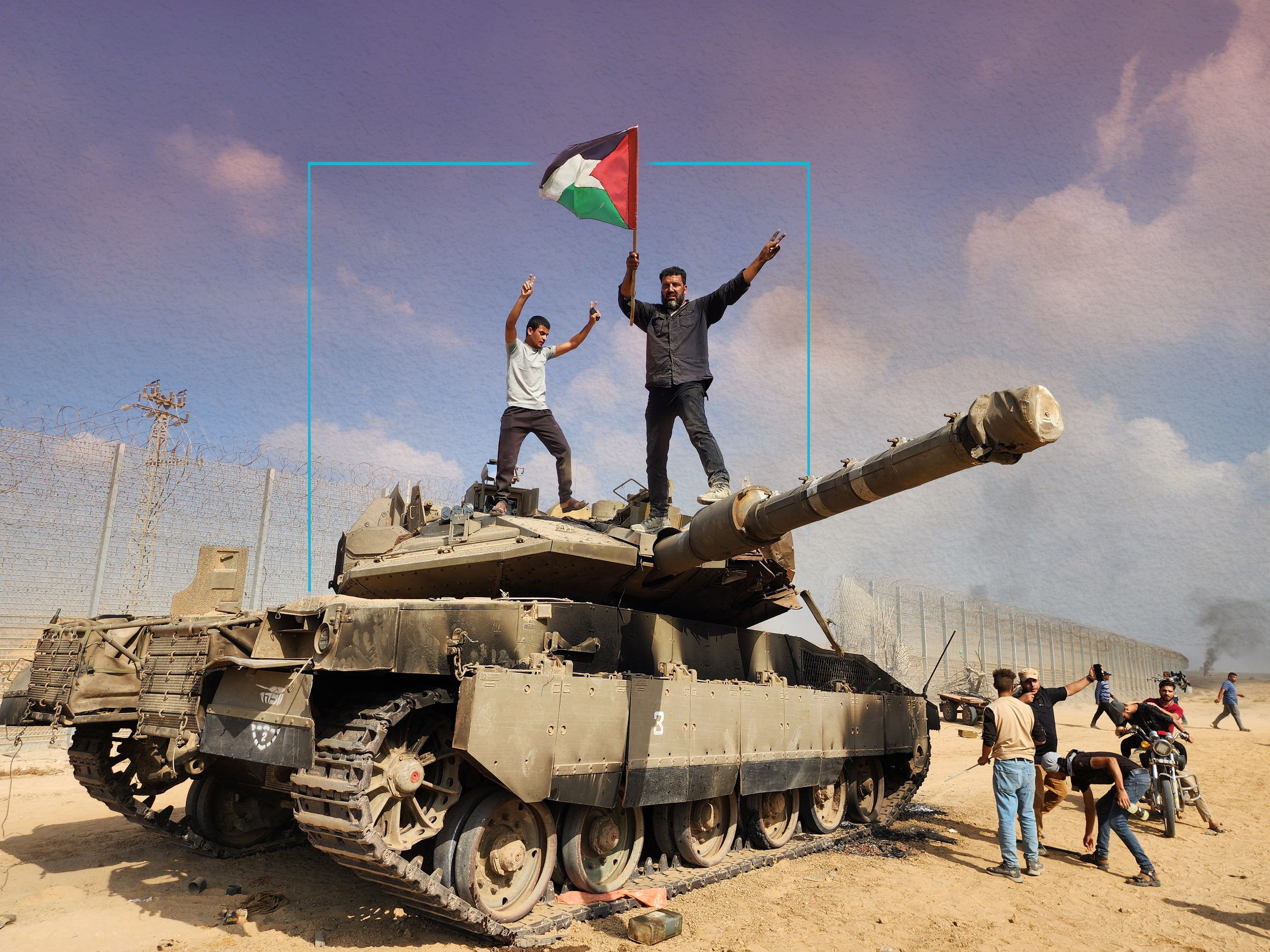
October 7th: The Permanent Death of the Oslo Accords
Hamas’ surprise military assault on Israeli settlements on October 7th shocked everyone, forcefully breaking Gaza’s 16-year siege and with it the peace dividend that been established to subdue the Palestine Liberation Organisation. Ameed Faleh, a Palestinian student, writes that the death of the Oslo Accords marks the end of an era of pseudo-state building – with an age of liberation on the horizon.
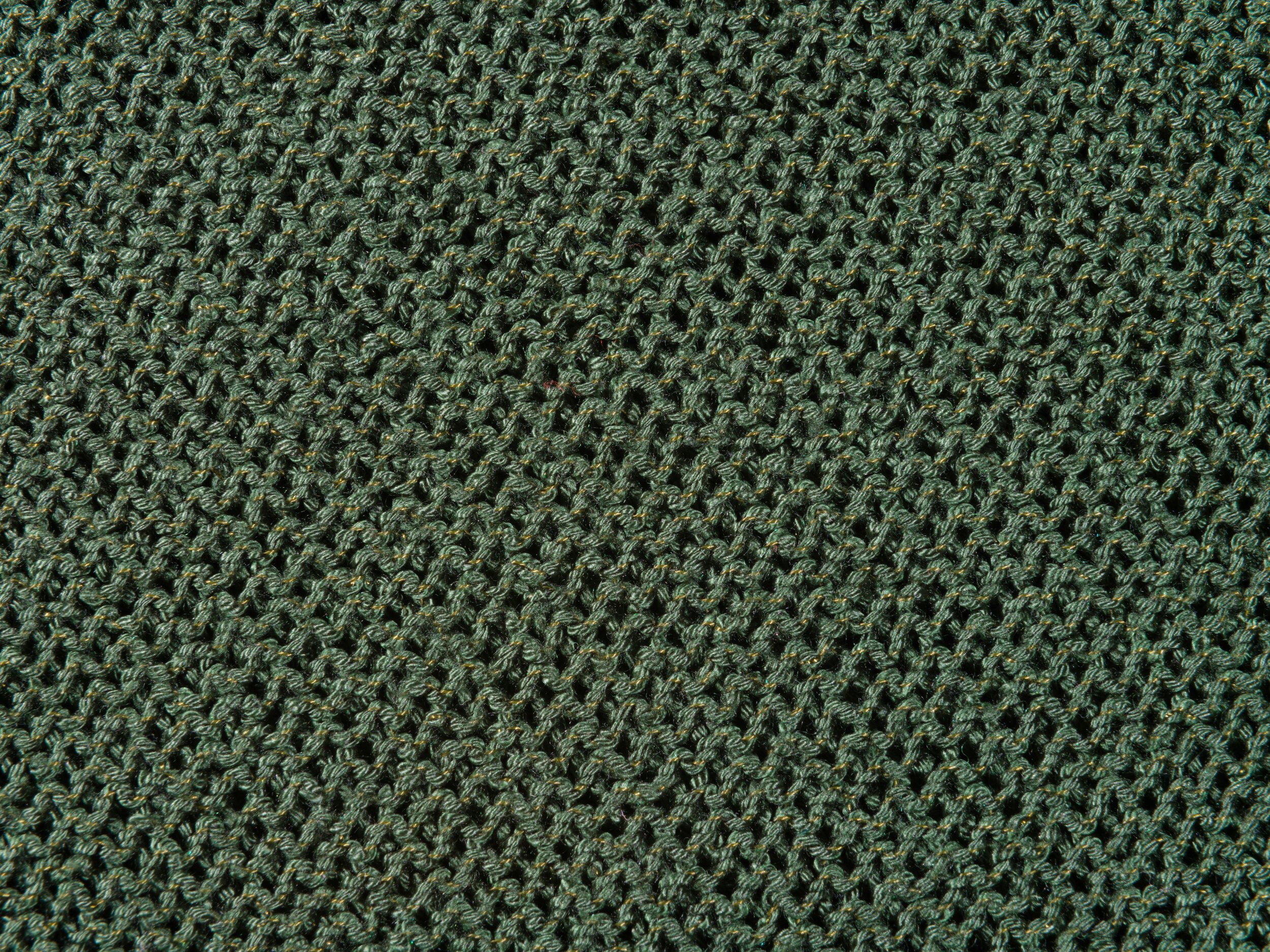
Al-Aqsa Flood: Imperialism, Zionism and Reactionism in the 21st Century
On October 7 2023, Palestinian fighters from various political factions, including Hamas, Palestinian Islamic Jihad, the DFLP and the PFLP, broke the 16-year-old siege of Gaza. They did so in an attempt to liberate Palestine from Israel, but we enter the eighth day of the war as the West has given the green light for Israel to commit genocide.

George Habash on Morality and the Palestinian Revolution: “Our Code of Morals is Our Revolution”
When the PFLP safely released a group of Western hostages in 1970, its leader, George Habash explained the group’s actions to them from a Palestinian revolutionary perspective. 53 years later, amidst unprecedented Palestinian resistance, his words should be listened to closely.
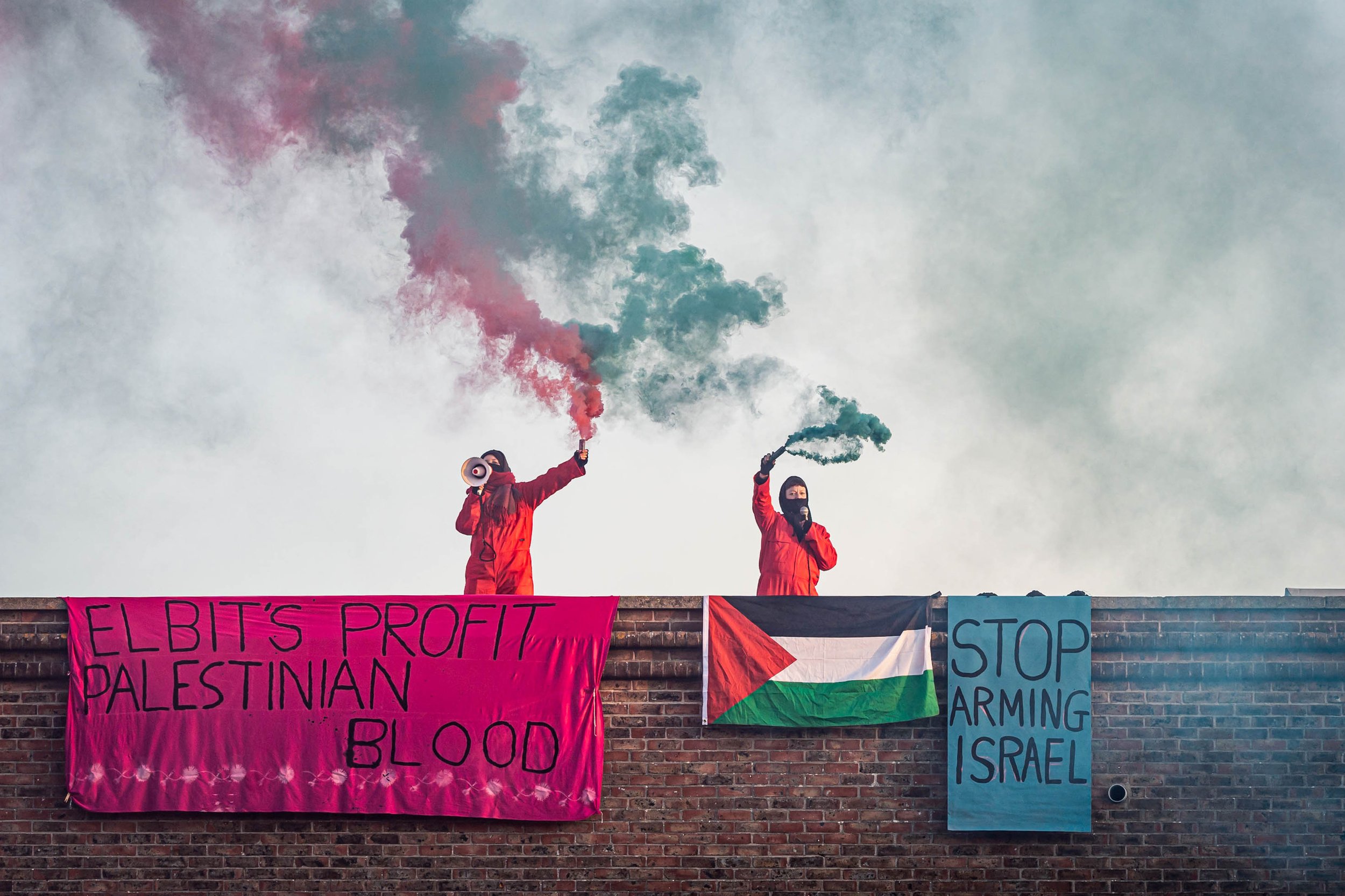
Unravelling the Paper Tiger: Palestine Action’s Siege
From May 1st, Palestine Action will lay siege to Leicester’s Israeli arms factory. In this essay, they detail their tactics in combatting the broader supply chain in Britain to limit the destruction and death wrought in Palestine – calling for the mobilisation of the British left to achieve this goal.
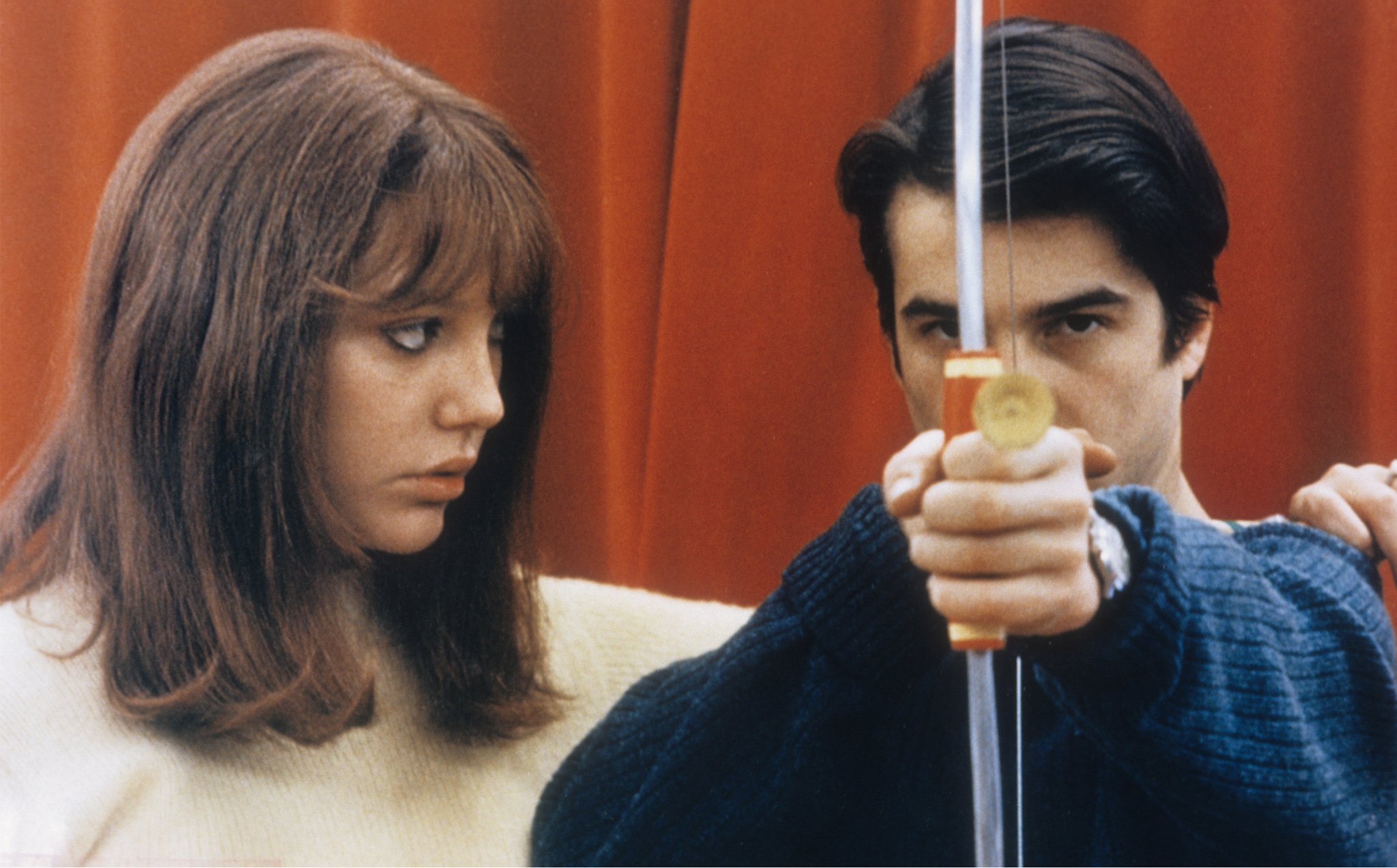
Against the Common Enemy: Godard’s Anti-Imperialist Cinema
Patrick Higgins recalls his encounters with the films of Jean-Luc Godard, who passed away last week at 91, charting Godard’s evolving politicization from his disillusionment with the Hollywood studio system that inspired his youth to his collaboration with the Palestine Liberation Organisation.

The Revolutionary Tradition of Kanafani's On Zionist Literature
Ghassan Kanafani’s political commentary was rooted in a broader revolutionary tradition of rebellion in the colonised world, which sought liberation through struggle for sovereignty and self-reliance. It is in this spirit that On Zionist Literature is not an appeal to the West’s collective conscience but is concerned with it only insofar as it facilitates colonial violence.
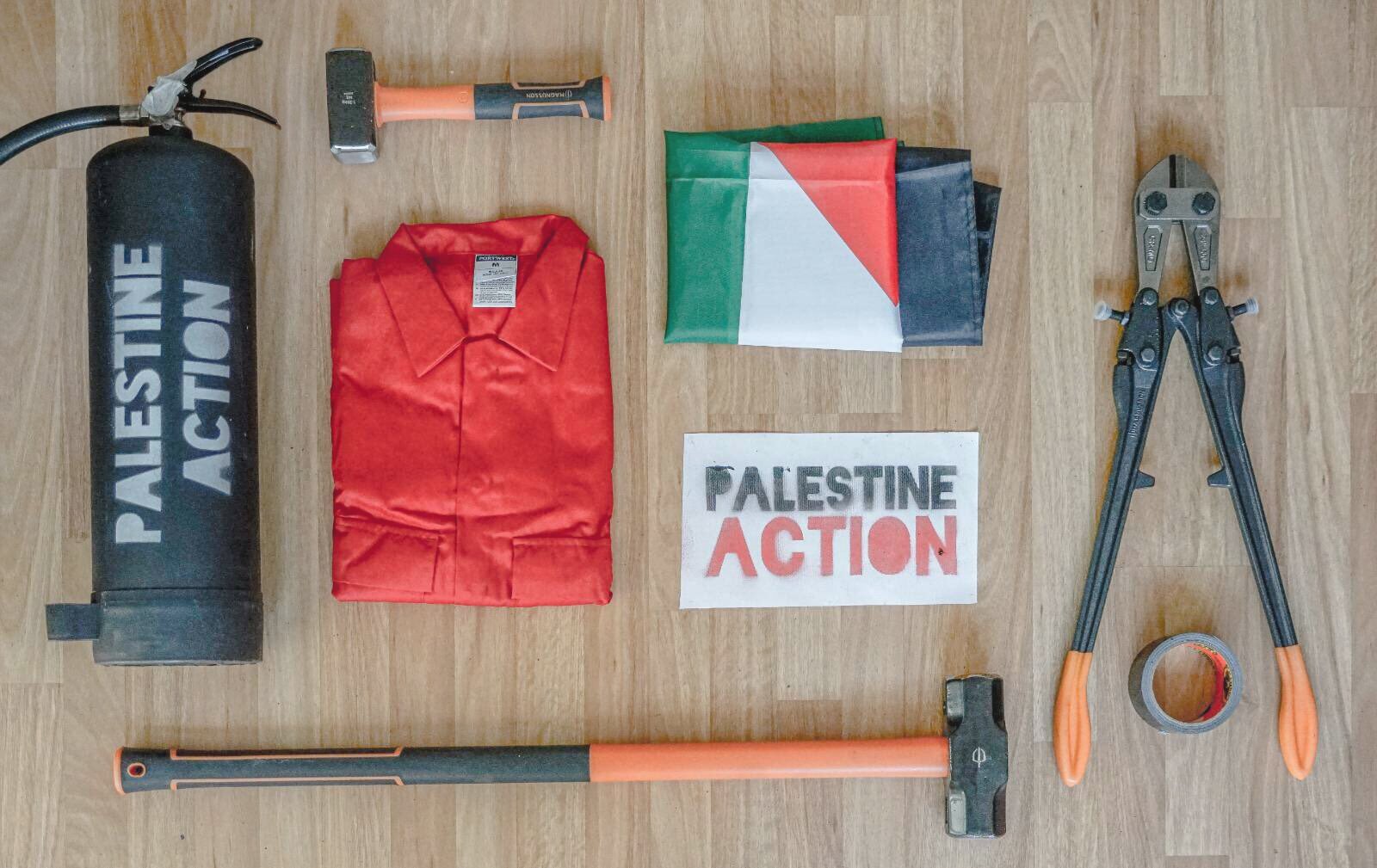
Palestine Action: Resisting Imperialism From Within
Palestine Action’s numerous successful occupations, blockades, and attacks carried out on Elbit infrastructure – causing over £15 million in losses, shutting down operations for 105 days and preventing the manufacture of arms – has shone a light on what successful resistance can look like in the imperialist core.
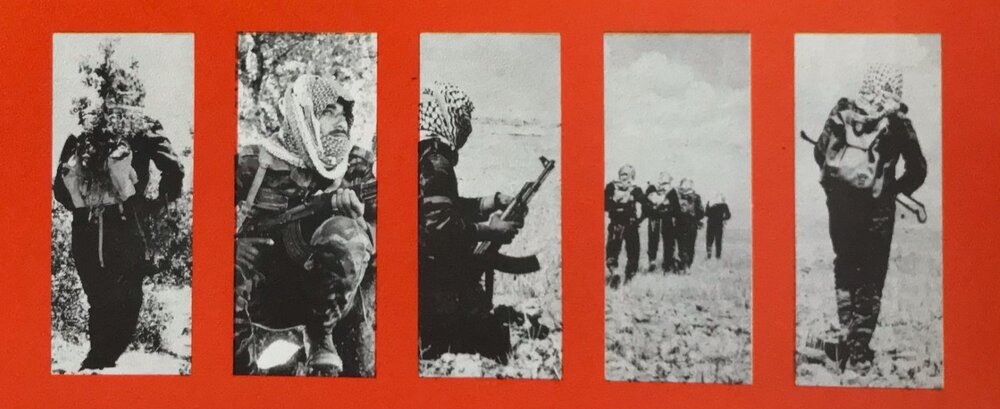
The Palestinians’ inalienable right to resist
Solidarity with the Palestinian cause is meaningless if it dissipates the moment that the Palestinians resist their oppression with anything more than rocks. Those who are not under brutal military occupation or refugees from ethnic cleansing have no right to judge the manner in which those who are choose to confront their colonisers
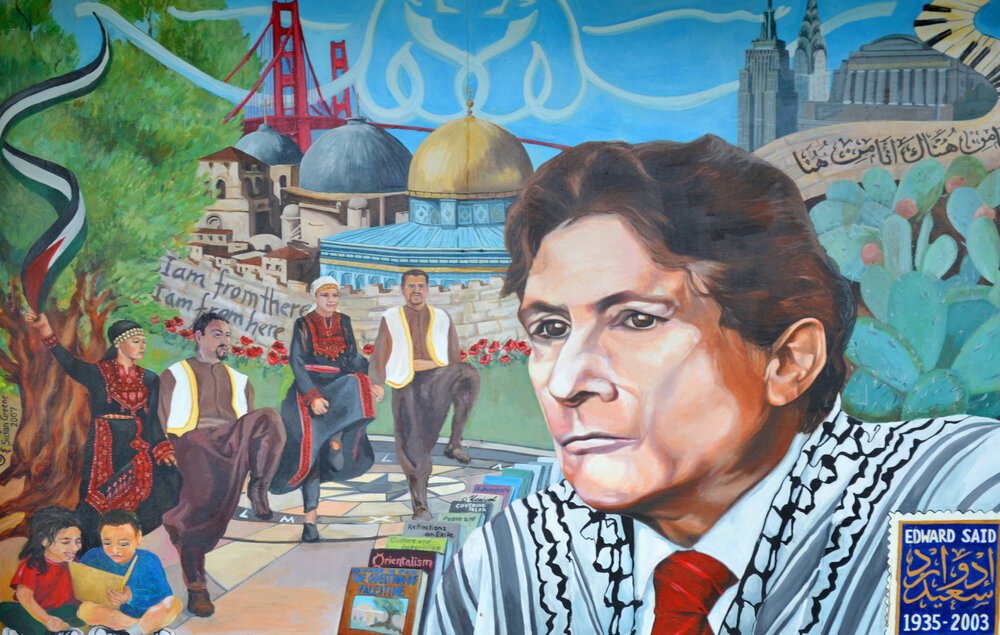
Grey and sober Jerusalem
In an excerpt from his memoir, Out of Place, Edward Said recalls the Jerusalem of his childhood, when, ‘Already too tall and developed to look my age, nervous Tommies at the barbed-wire barricade peered into my satchel, and examined my zone pass suspiciously, their unfriendly foreign eyes looking me over as a source of trouble.’
